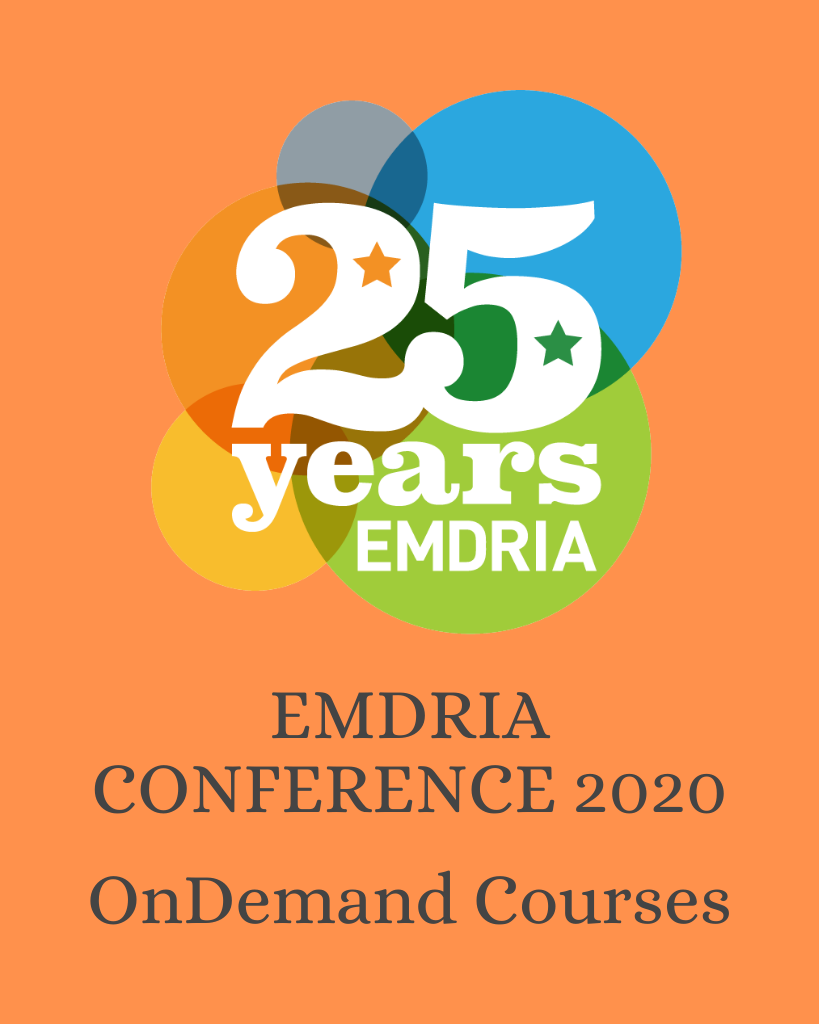Course Description
The research on social drift up to this point focuses on the hypothesis that illnesses, both physical and mental, can cause one to have a downward mobility within society. We—presenters Paul Miller, M.D.; Jess Converse, LCSW; Victoria Blom, LCSW; and Jenna Burton, LMHC—hypothesize that illnesses can cause the descent of individuals into lower socioeconomic classes, resulting in a disenfranchisement that further exacerbates mental health symptoms and dysfunction. Our presentation seeks to encourage insights into how non-hetero-normative identifying individuals can experience downward social drift as trauma. It is our belief that EMDR therapy can be utilized as an effective intervention to resolve these traumas, leading to upward mobility and increased mental well-being.
Learning Objectives
- Participants will be able to provide psychoeducation to clients regarding how identifying and expressing non-heteronormative gender, sexual identity, and intimate partnering models can lead to the traumas of having attachments severed and the experience of downward social drift. This normalization of triggered symptoms up to and including psychosis will help the development of insights into how these behaviors were originally adaptive responses to traumatic experiences. Participants will be able to then partner with clients in identifying negative cognition’s (NC) and emotions triggered by these experiences in order to process them with EMDR protocols.
- Participants will gain insights and develop skills in regards to how to keep individuals within the window of tolerance, while processing the roots of these experienced traumas – i.e. how identifying and expressing non-heteronormative gender, sexual identity, and intimate partnering models can lead to the traumas of having attachments severed and the experience of downward social drift . Participants will be able to utilize these insights to create an effective therapeutic alliance; develop rapport and attune to individual client’s experiences, enhancing the clinical relationship which is a core requirement for effective EMDR interventions.
- Participants will be able to understand and explore the impact of downward social drift; to clarify and respond to LGBTQ+ phobia both external and internal equipping themselves with an interpersonal understanding of the relational imperatives, operating during EMDR therapy with this client group.
Presenter(s)
Paul Miller, M.D.
Paul is an author, trauma-focused psychotherapist, and psychiatrist; EMDR Europe accredited Trainer and EMDR institute facilitator. He introduced EMDR to Northern Ireland’s NHS and leads Mirabilis Health Institute: a private psychotraumatology clinic. Visiting Professor with the Centre for Maternal, Fetal and Infant Research Ulster University, he supervises PhD candidates exploring EMDR in the perinatal period. He provides EMDR training for Mental Health Nurses and the Advanced Nurse Practitioner MSc in Mental Health at Ulster University. Member of the Council of Scholars, he is in the Training and Credentialing Workgroup. He co-created a Department of Health commissioned Level 6 EMDR training in Queen’s University, Belfast.
Jess Converse, LCSW
Jess Converse, LCSW, spent the first years following his basic EMDR training developing his skills with underserved populations on Los Angeles’ Skid Row. Under the mentorship of Paul Miller, Jess was able to deepen his knowledge of EMDR skills including working with the 8 phase 3 prong standard protocol, DeTUR protocol, and ICoNN model case-conceptualization. Jess is now working at the LA LGBT Center providing direct services that include EMDR, Transpersonal Psychology, CBT, and DBT. Jess is also co-leading an internet group with Paul Miller that focuses on supporting individuals working with clients manifesting symptoms consistent with schizophrenia and other psychosis.
Victoria Blom, LCSW
Victoria Blom, LCSW, is a clinician at Trinitas Regional Medical Center in Elizabeth, NJ and in private practice in Montclair, NJ. She conducts EMDR with adults with chronic, severe mental illness and histories of disengagement from traditional treatment. She is comprehensively trained in Dialectical Behavior Therapy. Ms. Blom has worked in a range of social service settings including prisoner reentry, substance use disorder treatment, HIV/HCV prevention, crisis intervention, juvenile detention centers and in-home therapy for children and adolescents. Her areas of interest include complex trauma, dissociation, evidence-based practices and innovative interventions for under-served populations.
Jenna Burton, LMHC
Jenna Burton, LMHC, is in private practice in Orlando, Florida. She was EMDR trained in 2004 and became a HAP Facilitator in 2019. She worked in various settings including community outreach and child welfare with diverse clients. She works with children and adults treating Psychosis/Schizophrenia, Dissociative Disorders, and Complex Trauma. She has developed skills through specialized trainings including working with children, Dissociation, Addictions, Cultural Competency and actively engaging in her local EMDR network trainings, study groups, and TRN. She is also currently an active member of a monthly line consultation group developing the ICoNN protocol with Paul Miller.
Date
September 27, 2020
Presented by
Paul Miller, Jess Converse, Victoria Blom, Jenna Burton
Run Time
145 minutes
EMDRIA Credits
3
NBCC Credits
3
Client Population
LGBTQIA+
Cost (member)
$70
Cost (nonmember)
$95
Publisher
EMDR International Association
Rights
The presenter(s) retains control over the publishing and copyright of this presentation/course.
APA Citation
Miller, P., Converse, J., Blom, V. & Burton, J. (2020, September 27). EMDR Therapy for the Trauma of Downward Social Drift in the LGBTQ+Community [Online Course]. EMDR International Association. https://www.pathlms.com/emdria/courses/33382
Audience
EMDR Therapists
Language
English
Content Type
Course
Original Source
Conference 2020
Access Type
Paid Access


